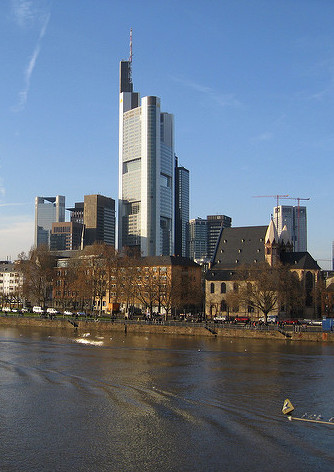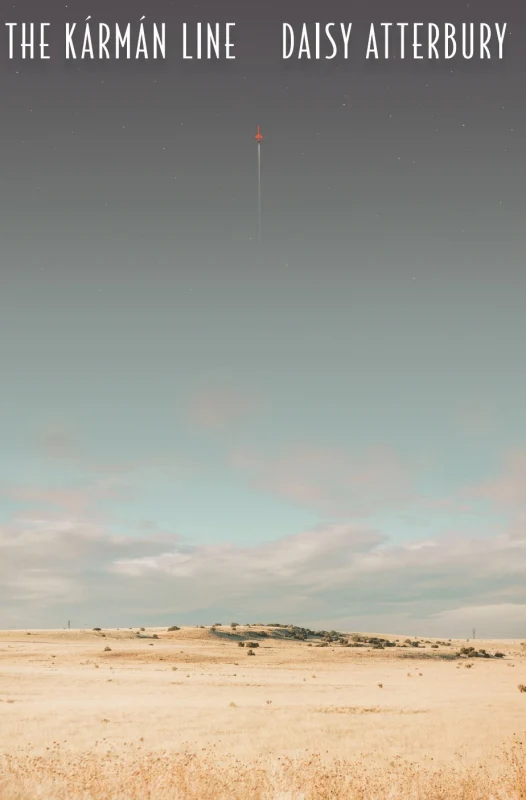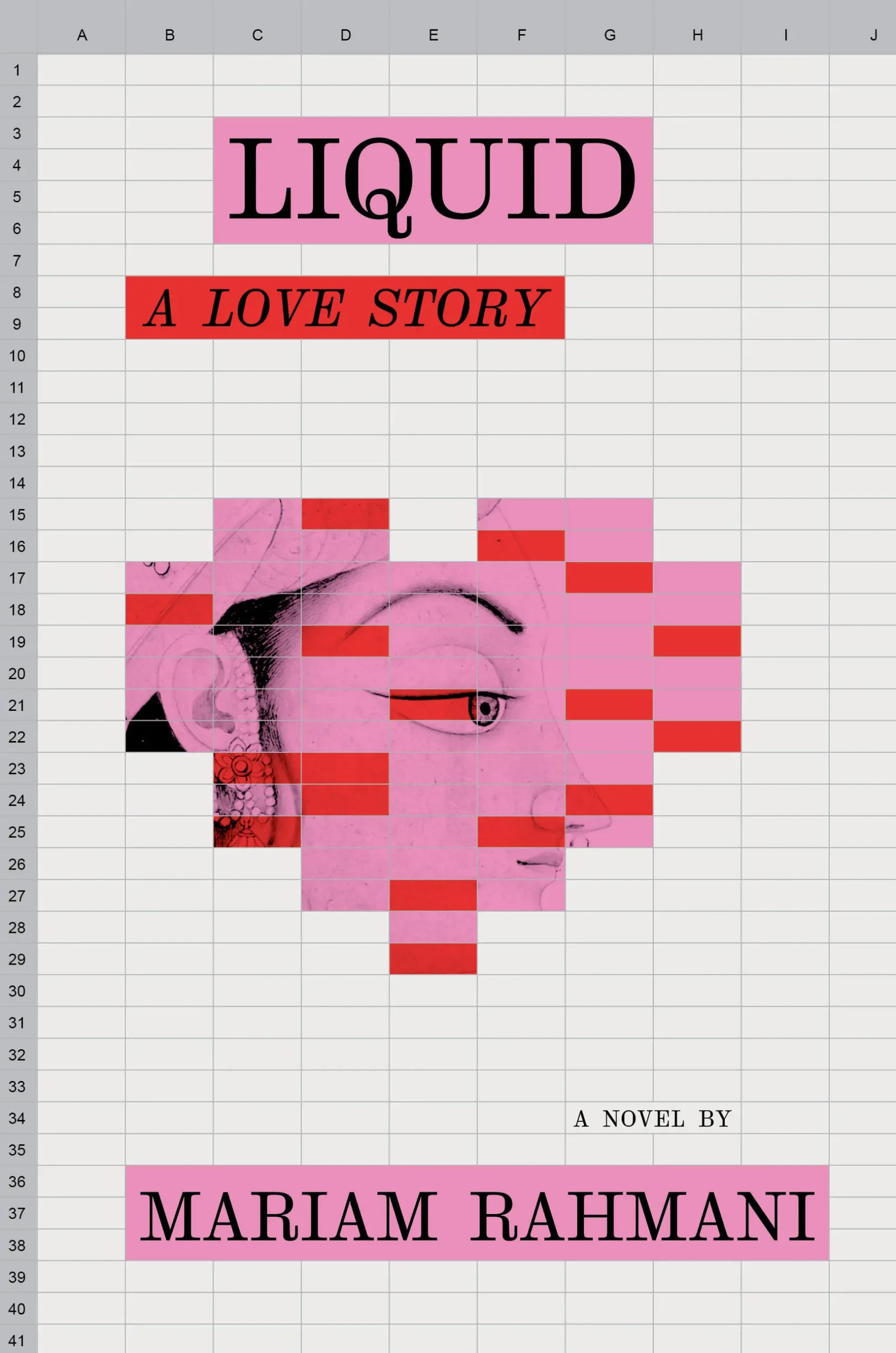With ANZHELINA POLONSKAYA
Your name: Anzhelina Polonskaya
Current city or town: Frankfurt
How long have you lived here: 2 years
Three words to describe the climate: windy in winter
Best time of year to visit?: spring, summer
1) The most striking physical features of this city/town are. . . The skylines and the River Main. Frankfurt was destroyed during the second war, and the skylines give a “fresh air” to the city. Of course, I cannot compare the city to New York or Chicago, but I think the modern architecture makes Frankfurt unique, if we are talking about Germany in general, and fits in general the composition of the city. Everything is around the River Main: holidays, boats, sports, cafes and walkways.
2) The stereotype of the people who live here and what this stereotype misses. . . [It’s] difficult to say. Frankfurt is an international town, and my German is not good. Mostly I have relationships with artists; they are very open.
3) Historical context in broad strokes and the moments in which you feel this history. . . Well, the main historical landmark is the House of Goethe. The poet was born in Frankfurt and it’s an honor for the local people. I am not an exception, in spite of coming from other country.

4) Common jobs and industries and the effect on the town/city’s personality. . . I guess it is the jobs in finance. There are many banks and people from all [over] the world are working in Frankfurt. Probably Frankfurt is the best city in Germany for English-speaking tourists, who don’t understand German.
5) Local/regional vocabulary or food? Throughout Germany, Turkish food is popular. You can find kebabs everywhere. They are cheap and really delicious. Of course, you can find many restaurants for traditional Bavarian meals – beer, sausages, etc. – but if you like Spanish or Italian food, this is not a problem either, as the town is multinational.
Anzhelina Polonskaya was born in Malakhovka, a small town near Moscow. A bilingual edition of her poetry, Paul Klee’s Boat, was published by Zephyr Press and short-listed for the 2014 PEN Award for Poetry in Translation. Polonskaya has been awarded a Rockefeller Fellowship and many residencies all over the world. Most recently, her first volume of prose, Greenland, appeared in a German edition.
Top photo by Flickr user Chris Yunker; second photo by Anzhelina Polonskaya.





